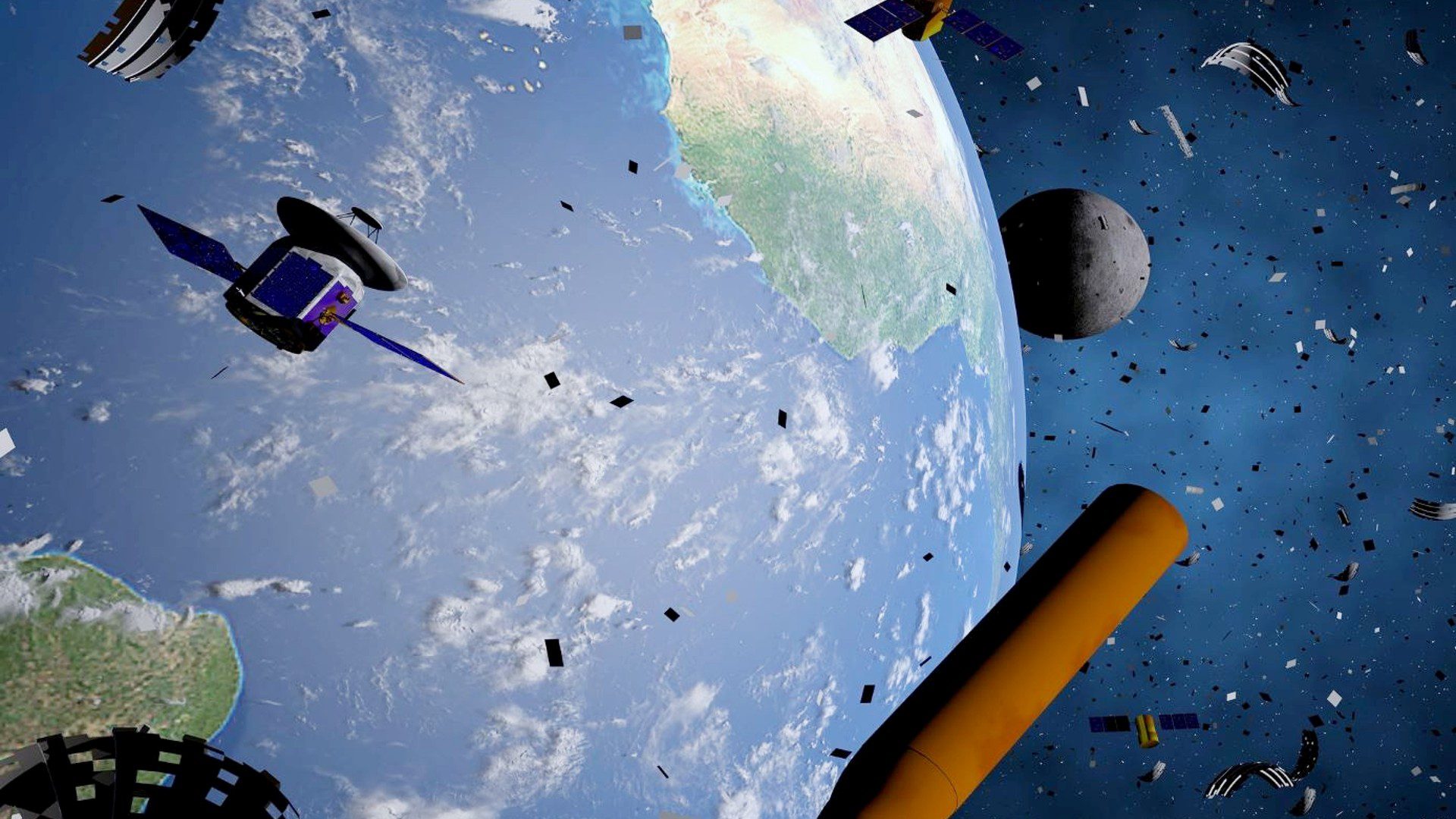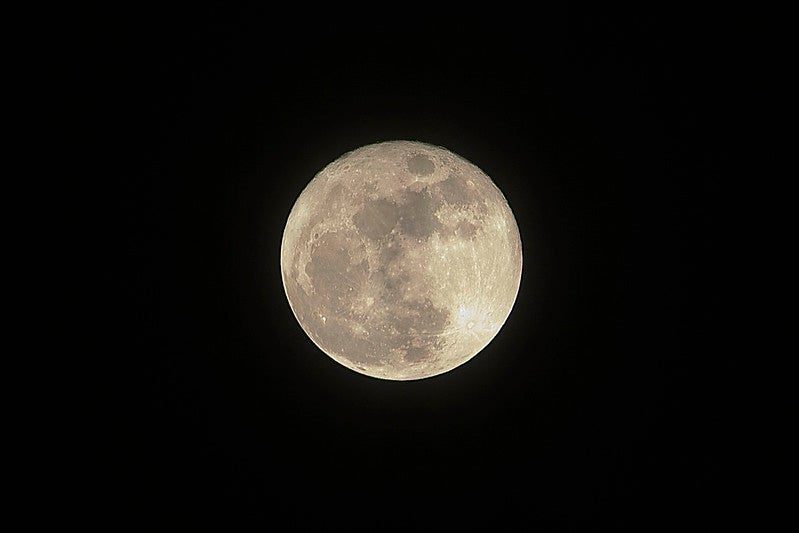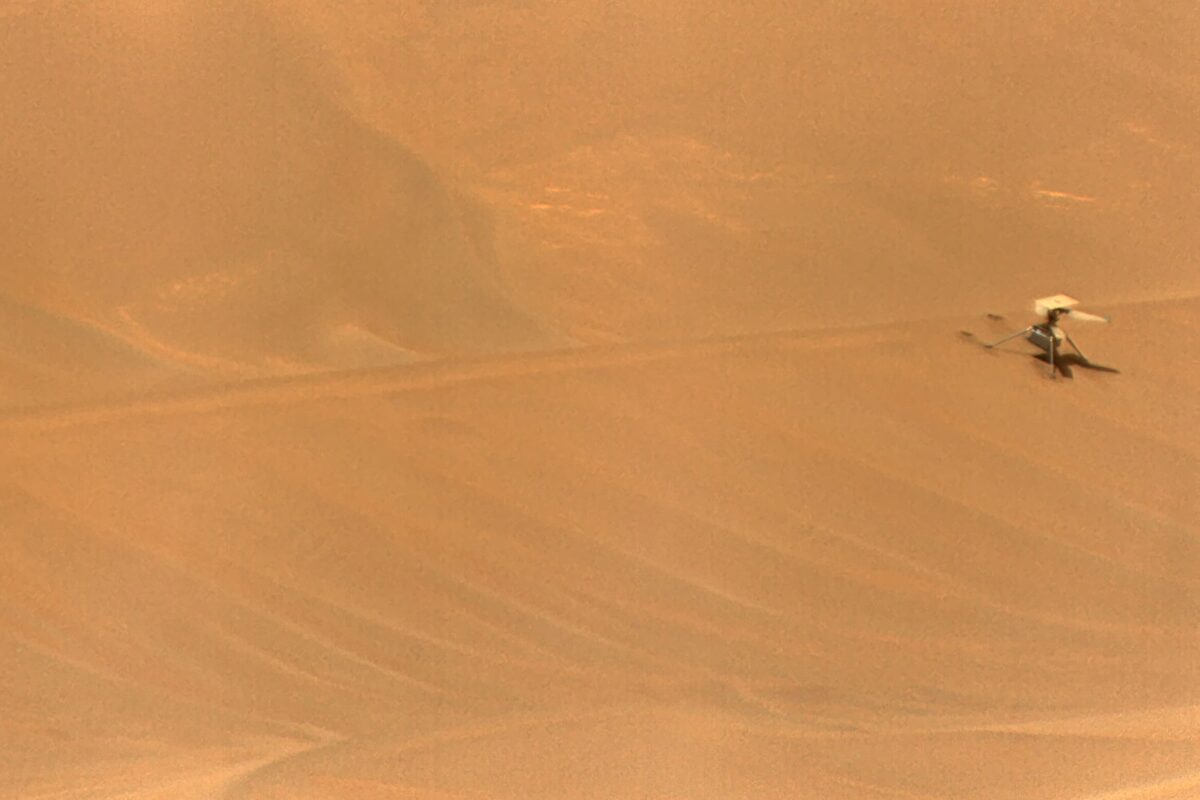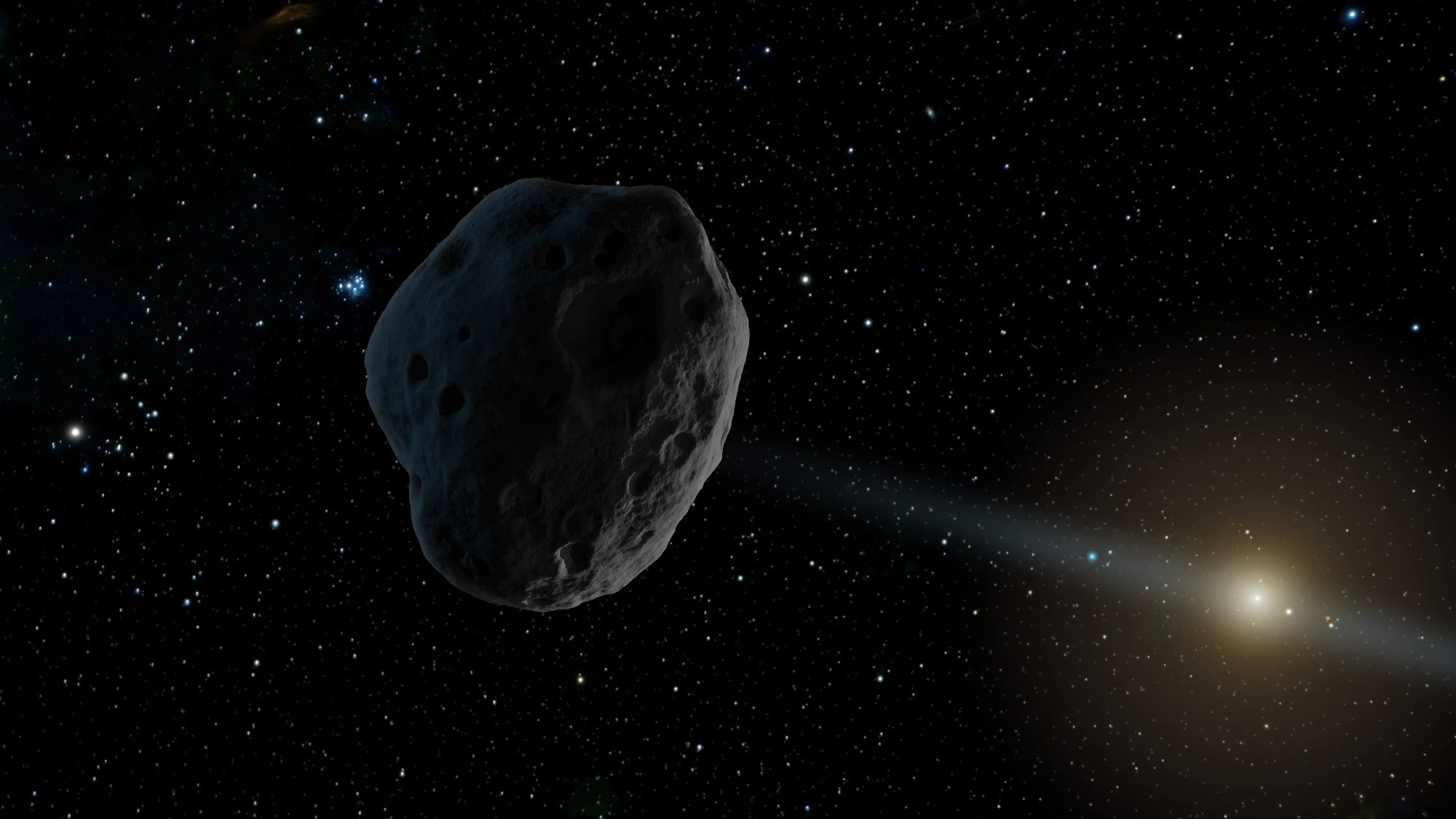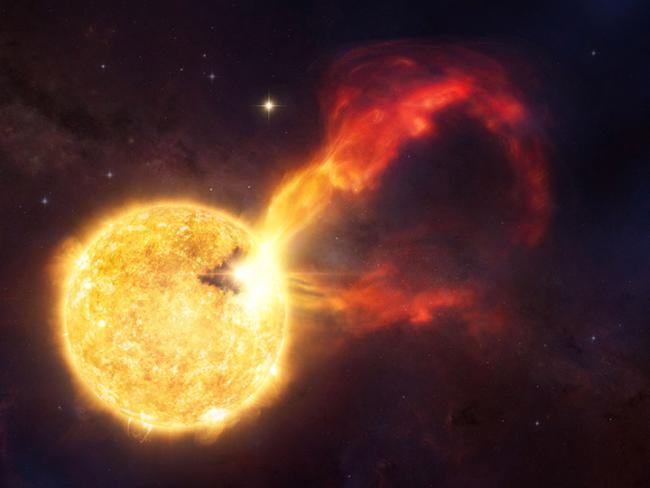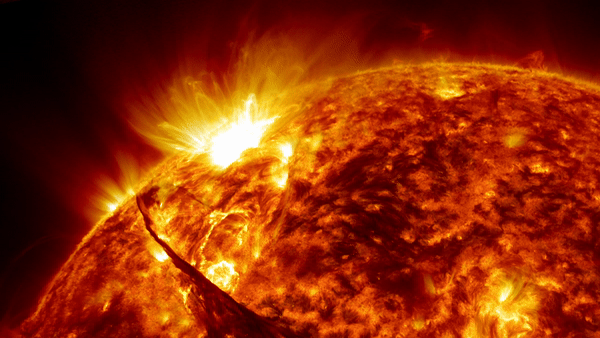‘Tragedy of the commons’ in space: We need to act now to prevent an orbital debris crisis, scientists say
Humanity needs to start addressing the growing space junk problem now, before it gets out of hand, scientists stress. Earth orbit is getting more and more crowded, with both active satellites and pieces of debris. There’s so much stuff up there that it’s far from alarmist to start worrying about the Kessler syndrome, a nightmare … Read more
